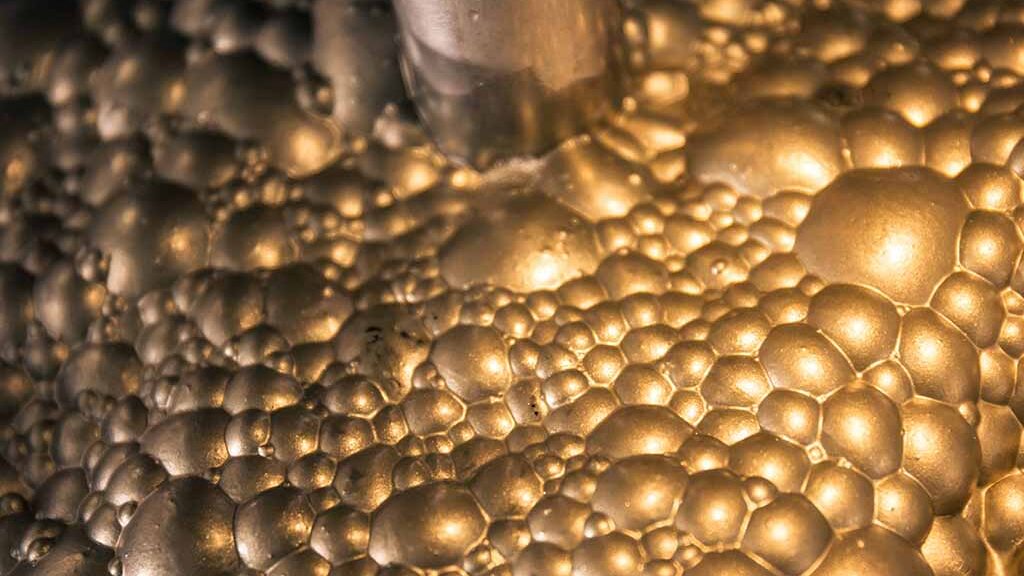Process Chemistry
Process chemistry research focuses on identifying and monitoring the physicochemical interaction in beneficiation processes.

Electrochemical and surface chemical phenomena at different stages of ore processing (such as grinding, flotation, and leaching) may have a major impact on the results of the beneficiation.
The most important phenomena GTK studies include chemical adsorption, pH, hydrophobicity, and reduction-oxidation reactions occurring in mineral slurry and on the surface of minerals. Each mineral has an optimum floatability area, which enables control of the flotation and selective separation of minerals by adjusting and controlling the slurry conditions.
Process chemistry resources:
- Electrochemical measurements (mineral electrodes, redox, pH, zeta potential, voltammetry)
- Hydrophobicity and surface tension (contact angle measurements, dynamic and static surface tension measurements)
- Surface studies (quartz crystal microbalance (QCM) and spectrometric methods, such as miniSIMS and FTIR)
- Microflotation and electroflotation
- Viscosity
- Process waters (ion and chemical concentrations)
